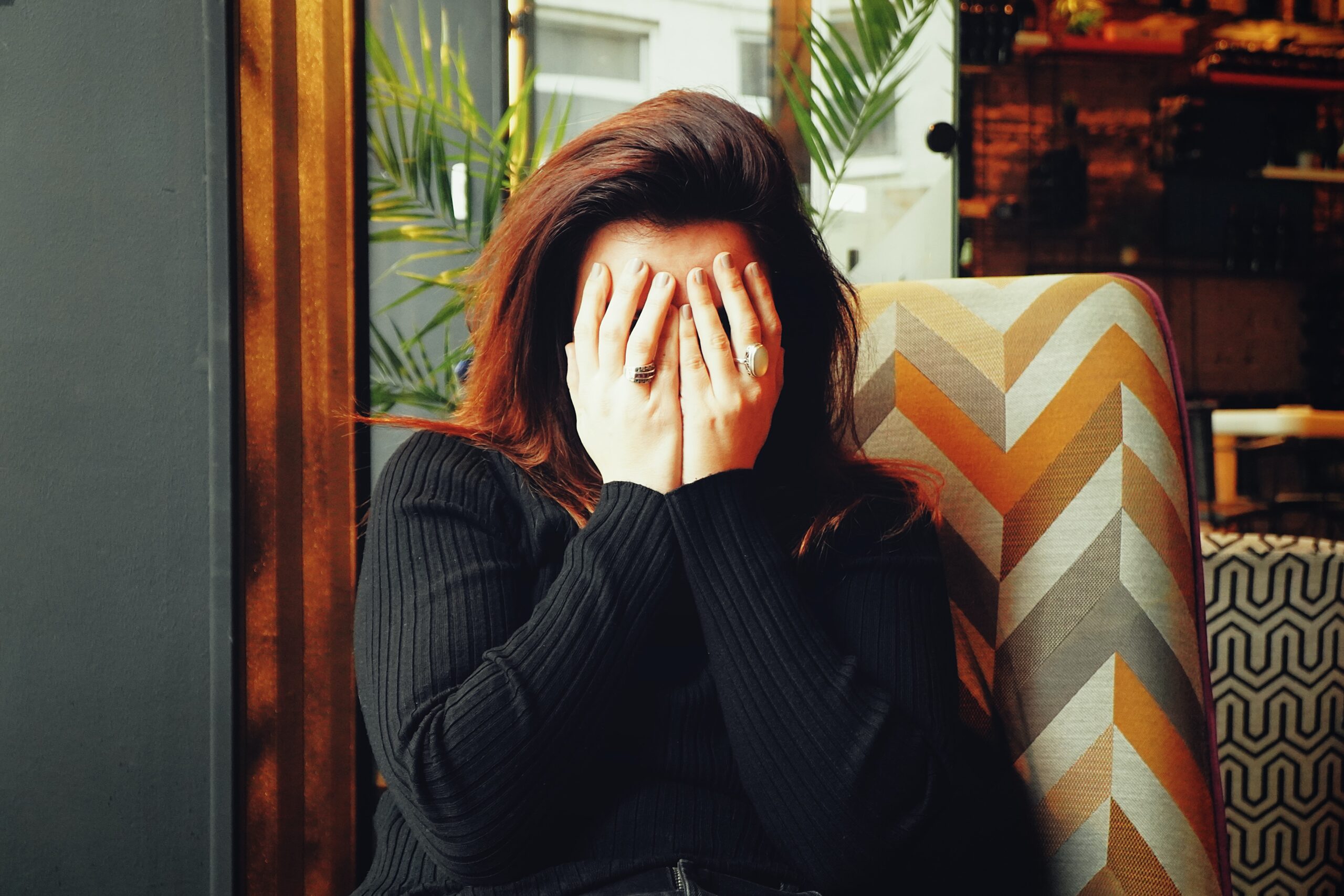
22 Nov Rosacea: Why is my face red?
Are we making you blush?
All you ever wanted to know about Rosacea…
Rosacea is a chronic skin disease the cause of which is still unknown, and to date still having no cure. It can be a cause of great embarrassment and affect self-esteem and self-confidence in some cases leading to anxiety and depression. There are some factors that make you more likely to develop rosacea than others. Rosacea often develops in people between the ages of 40 and 60. It is also more common in people who are fair-skinned and more commonplace in women although men get it more severely.
There are also genetic links to rosacea. You are more likely to develop rosacea if you have a family history of the condition or if you have Celtic or Scandinavian ancestors.
There are four subtypes of rosacea and each subtype has its own set of symptoms. Unfortunately, it is possible to have more than one subtype of rosacea at a time! Usually rosacea affects the skin on your nose, cheeks, and forehead with its trademark symptoms being small, red, pus-filled bumps on the skin (present during flare-ups) and persistent flushing. Flare-ups often occur in cycles. This means that you will experience symptoms for weeks or months at a time, the symptoms will go away, and then return.
Types of rosacea
- Subtype one, known as erythematotelangiectatic rosacea (ETR), characterised by facial redness, flushing, and visible blood vessels.
- Subtype two, papulopustular (or acne) rosacea, this has acne-like breakouts, and often affects middle-aged women.
- Subtype three, known as rhinophyma, is a rare form associated with thickening of the skin on your nose. It mostly affects men and is often accompanied by another subtype of rosacea.
- Subtype four is known as ocular rosacea, and its symptoms are centred on the eye area.

Signs of rosacea ETR:
- flushing and redness of your face
- visible broken blood vessels
- swollen skin
- sensitive skin
- stinging and burning skin
- dry, rough, and scaly skin
Signs of acne rosacea:
- acne-like breakouts and very red skin
- oily skin
- sensitive skin
- broken blood vessels that are visible
- raised patches of skin
Signs of rhinophyma skin:
- bumpy skin texture
- thick skin on nose
- thick skin on chin, forehead, cheeks, and ears
- large pores
- visible broken blood vessels
Signs of ocular rosacea:
- bloodshot and watery eyes
- eyes that feel gritty
- burning or stinging sensation in the eyes
- dry, itchy eyes
- eyes that are sensitive to light
- cysts on eyes
- diminished vision
- broken blood vessels on eyelids
Whilst we don’t know what causes rosacea it is thought that genetic and environmental factors have a part to play. It is also known that some things (triggers) may make your rosacea symptoms worse such as;
- eating spicy foods
- eating items that contain cinnamaldehyde, such as cinnamon, chocolate, tomatoes, and citrus
- drinking hot coffee or tea
- drinking alcohol
- having the intestinal bacteria Helicobacter pylori
- a skin mite called demodex and the bacterium it carries, Bacillus oleronius
- hot foods and beverages
- very hot or very cold temperatures
- emotional stress and anxiety
- strenuous exercise
So how do you know if you have rosacea?
Usually it is diagnosed simply from a clinical examination of your skin. Sometimes you may be referred to a dermatologist to make check whether you have rosacea or another skin condition.
How can you control your symptoms?
As we said earlier, rosacea cannot be cured, but you can take steps to control your symptoms. Some good tips are to;
- Shop for oil-free facial creams and moisturisers (Avoid products that contain: alcohol, menthol, witch hazel, exfoliating agents)
- Consider medicated creams
- Avoid spicy food
- Avoid direct sunlight and wear sunscreen SPF over 30 DAILY
- Avoid drinking alcohol
- Consider using lasers and light treatment
- Surgery for rhinophyma (microdermabrasion can sometimes help)
- Taking eye medicines and antibiotics for ocular rosacea
Coping with rosacea
Sadly rosacea is a chronic skin disease that you will need to learn to manage. It can be difficult to cope with a chronic condition and it may be helpful to find support groups online, but rest assured that we will always be available in clinic to offer help and advice.
Whilst there is no cure for rosacea, you can control it with treatment. Rosacea affects everyone differently and it can take time to work out how to best manage your condition. We will work with you to identify your triggers, develop a treatment plan, control your symptoms and prevent further outbreaks.


Sorry, the comment form is closed at this time.